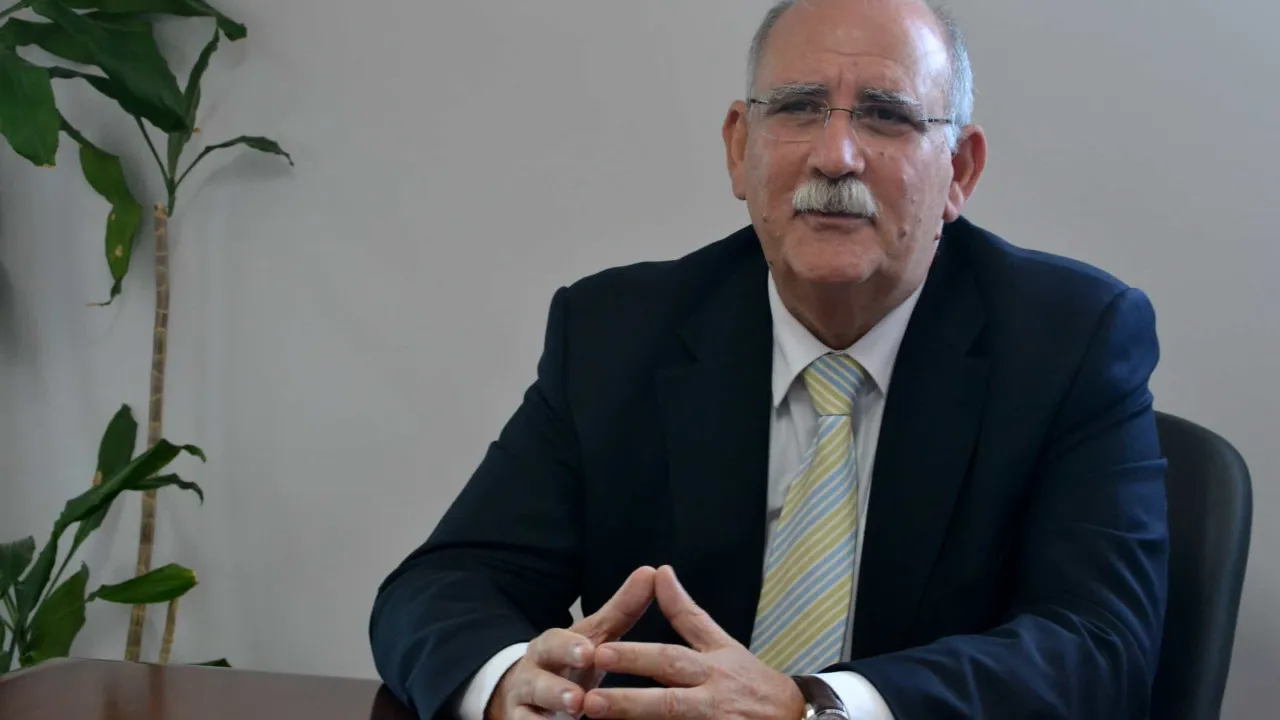
In a statement to Lusa, DECO’s jurist Luís Pisco emphasized that “it is not up to consumers to act as fact-checkers of online information. Information creators, companies, and intermediaries must bear direct responsibility, which needs to be sanctioned in a deterrent and effective manner.”
Pisco explained that there has been “a significant increase in misinformation disseminated in the digital environment over recent years, especially on social media, concerning unsafe products, non-existent services, or even consumer rights, omitting essential information.”
He noted that the growth of influence marketing through social media has played a significant role in the spread of misinformation. “The explosion of online platforms, which include social networks, marketplaces, or search engines, and generative AI systems, as well as the massive data processing and impact these platforms have on consumers, greatly amplifies the influence that misinformation can have on consumers,” he stated.
Luís Pisco warned that misinformation alters consumers’ perceptions of reality and their preferences for choosing products, services, and even brand loyalty.
He highlighted the importance of investing in digital literacy for consumers as a tool against misinformation effects: “The higher the level of digital literacy, the better consumers’ critical digital stance will be,” although literacy in various other areas is also at stake.
“Often, misinformation is also spread by some influencers who do not hesitate to incorrectly advertise products,” he remarked.
The jurist further identified health, financial services, online gaming, and unsafe products as the areas most affected by misinformation.
“In these sectors, the impact is greater as it can lead to false perceptions of reality and the true characteristics of products, decisively altering consumer choices. In some cases, it can even compromise their health and physical well-being,” he concluded.




